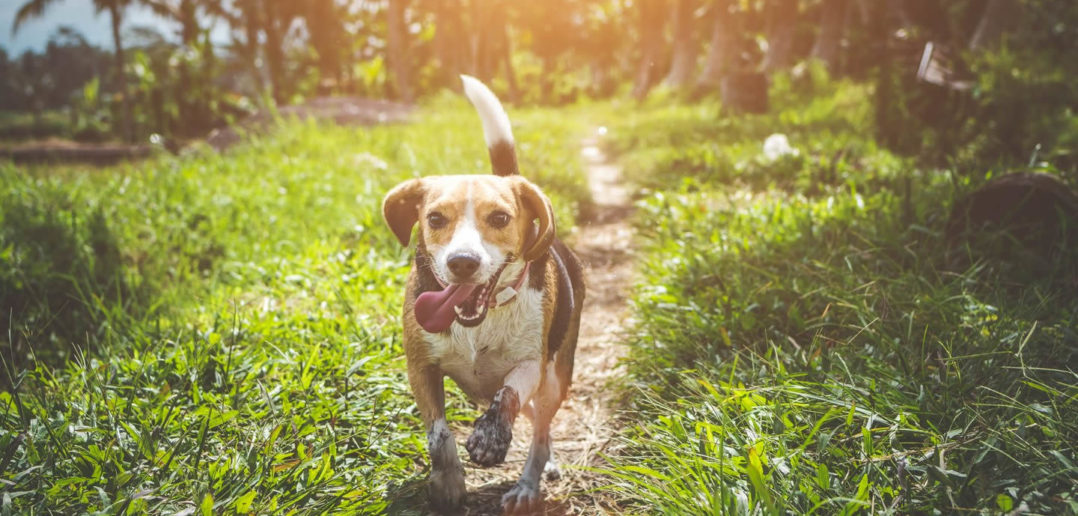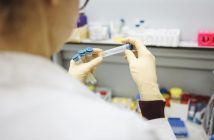In a little over six months more than 14 million people around the world have confirmed to have been infected with Covid-19 with case numbers continuing to grow at an alarming rate. To bring infections under control, we have all taken to social distancing, mask wearing, and working from home. We all know the risks to ourselves from the coronavirus, but what about the risks to our beloved pets?
It is believed that the virus originally made the jump fro another mammal, possibly a bat or pangolin, to humans at a “wet market” in Wuhan, China. And from the outset there have been stories in the press about cats and dogs getting infected, including a dogs in Hong Kong and tiger at the Bronx Zoo, so it is understandable that people are worried that it may infect their pets. But how likely is it that your cat or dog could catch the virus and if they can become infected how dangerous is Covid-19 to them?
We are still learning a lot about the virus every day, but according to the World Organisation for Animal Health (OIE) animals such as cats and dogs can be infected with the related SARS-CoV-2 virus, but “these infections are not a driver of the COVID-19 pandemic [and]the pandemic is driven by human to human transmission”. Such infections remain relatively rare and there have been no verified cases of pets infecting their owners, but the virus does appear to pose a limited risk to some animals, with cats the most susceptible species.
In a laboratory setting dogs could become infected with SARS-CoV-2 but tended to suffer only mild symptoms and could not pass the virus on to other dogs, whilst cats would show more respiratory and gastro-intestinal signs of the disease and in limited cases could pass the disease to other cats. The disease is far less contagious in real world settings, however, and there have been recorded no cases of cats passing the disease on to other cats reported outside the lab.
Whilst your pet cannot give your coronavirus itself, in March authorities did express concern that if a pet cat or dog came into contact with an infected person that coughed or sneezed on them then someone could become infected by petting them and then rubbing their face. According to the PDSA “it’s possible that the virus could be present on a pet’s fur or collar, as with any other surface”, but the risk of such a contamination is described as “very very low”.
Nonetheless, as MyPetNeedsThat makes clear in their advice about dogs and coronavirus, people should avoid petting other people’s cats or dogs whilst the virus remains a risk and critically you must remember to thoroughly wash your hands throughout the day for at least 20 seconds with soap and water – what song you decide to sing whilst washing remains up to you.




